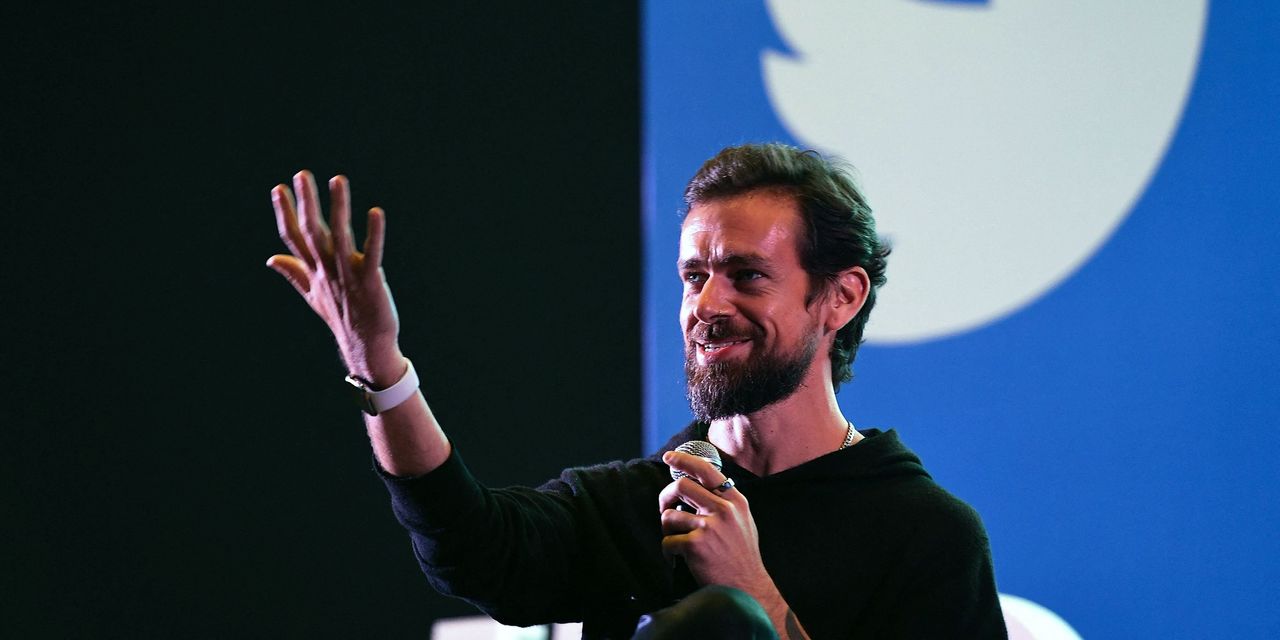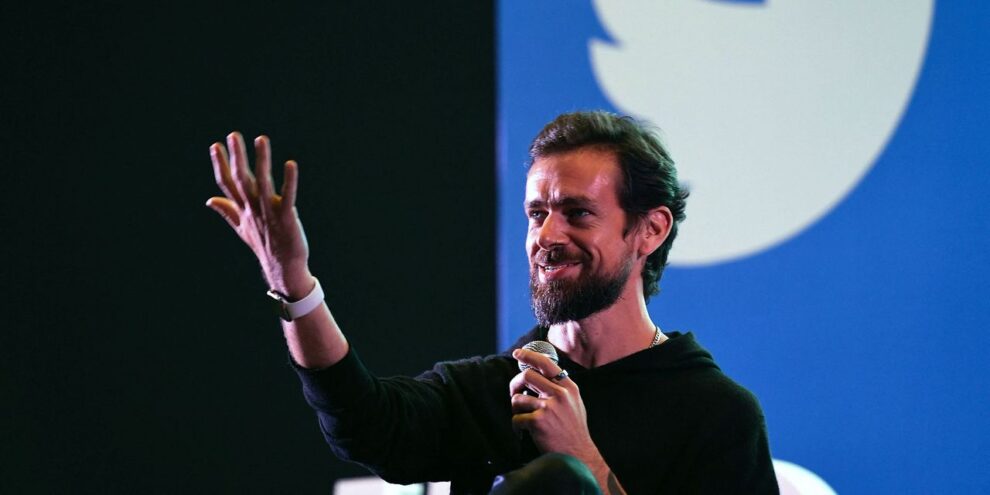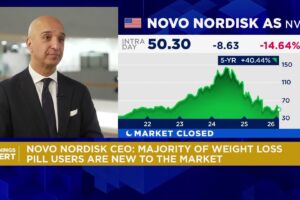
Twitter co-founder Jack Dorsey admitted Tuesday to making mistakes while leading the social-media company, but he criticized the recent “Twitter Files” rollout that new owner Elon Musk says sheds light on politically motivated, ad hoc decisions by the site’s former leaders.
In a post shared on Revue, a newsletter platform owned by Twitter, Dorsey said he doesn’t have an issue with providing transparency into the moves made at Twitter under his tenure, which included the decision to ban former president Donald Trump from the service in the wake of the Jan. 6 assault on the U.S. Capitol, but he would have preferred a different strategy for releasing that information.
Read: ‘The Twitter files’ show company’s internal debate on how to handle Hunter Biden laptop story
Musk gave journalists Bari Weiss and Matt Taibbi access to information about Twitter’s decision-making processes around issues such as Trump’s Twitter ban and reporting on Hunter Biden’s laptop, and the two posted Twitter threads with their takes on that information.
In his post, Dorsey implied that a better approach to transparency would have been a less editorialized document dump, similar to Wikileaks. He did not mention Musk by name in his post.
“‘I do still wish for Twitter, and every company, to become uncomfortably transparent in all their actions, and I wish I forced more of that years ago. I do believe absolute transparency builds trust. As for the files, I wish they were released Wikileaks-style, with many more eyes and interpretations to consider. And along with that, commitments of transparency for present and future actions. I ’m hopeful all of this will happen. There’s nothing to hide … only a lot to learn from. ’”
Musk, who has called Twitter “both a social media company and a crime scene,” has been critical of decisions made by Twitter’s former management, which he said had political motives. He has also participated in criticism of company leaders whose moves were highlighted in the Twitter Files, including Yoel Roth, Twitter’s former global head of trust and safety.
Musk tweeted over the weekend that it looked like Roth was “arguing in favor of children being able to access adult Internet services in his PhD thesis.” That paper explored whether service providers could create safety strategies that might potentially allow for a wider variety of use cases for Grindr and similar platforms that already include users under 18.
Dorsey didn’t address that instance specifically, but he took issue with attacks on those who once led Twitter alongside him.
“The current attacks on my former colleagues could be dangerous and doesn’t solve anything,” he wrote. “If you want to blame, direct it at me and my actions, or lack thereof.”
Dorsey keyed in on other issues as well in his Revue post, admitting that “of course mistakes were made” during his leadership, though executives weren’t trying to be disingenuous.
“I continue to believe there was no ill intent or hidden agendas, and everyone acted according to the best information we had at the time,” he wrote.
At the same time, he said he thinks Twitter should have “focused more on tools for the people using the service rather than tools for us,” a strategy that could have prevented Twitter being “in this situation of needing a fresh reset (which I am supportive of).”
In his post, he said he believes that “any content produced by someone for the internet should be permanent until the original author chooses to delete it” and that he doesn’t agree with content takedowns by third parties. “There are significant issues with this stance of course,” he added, “but starting with this principle will allow for far better solutions than we have today.”
Dorsey took a broader knock at human moderation, saying algorithms are key to serving up content in a fair way.
“But instead of a company or government building and controlling these solely, people should be able to build and choose from algorithms that best match their criteria, or not have to use any at all,” he wrote. “A ‘follow’ action should always deliver every bit of content from the corresponding account, and the algorithms should be able to comb through everything else through a relevance lens that an individual determines.”
He advocated “a free and open protocol for social media, that is not owned by a single company or group of companies, and is resilient to corporate and government influence.”
Dorsey said that “Twitter when I led it and the Twitter of today do not meet” his three core principles, which are that social media must resist corporate and government control, that only authors can remove their own content and that algorithms are best at moderation.
“This is my fault alone, as I completely gave up pushing for them when an activist entered our stock in 2020,” he said in the post. “I no longer had hope of achieving any of it as a public company with no defense mechanisms (lack of dual-class shares being a key one). I planned my exit at that moment knowing I was no longer right for the company.”








